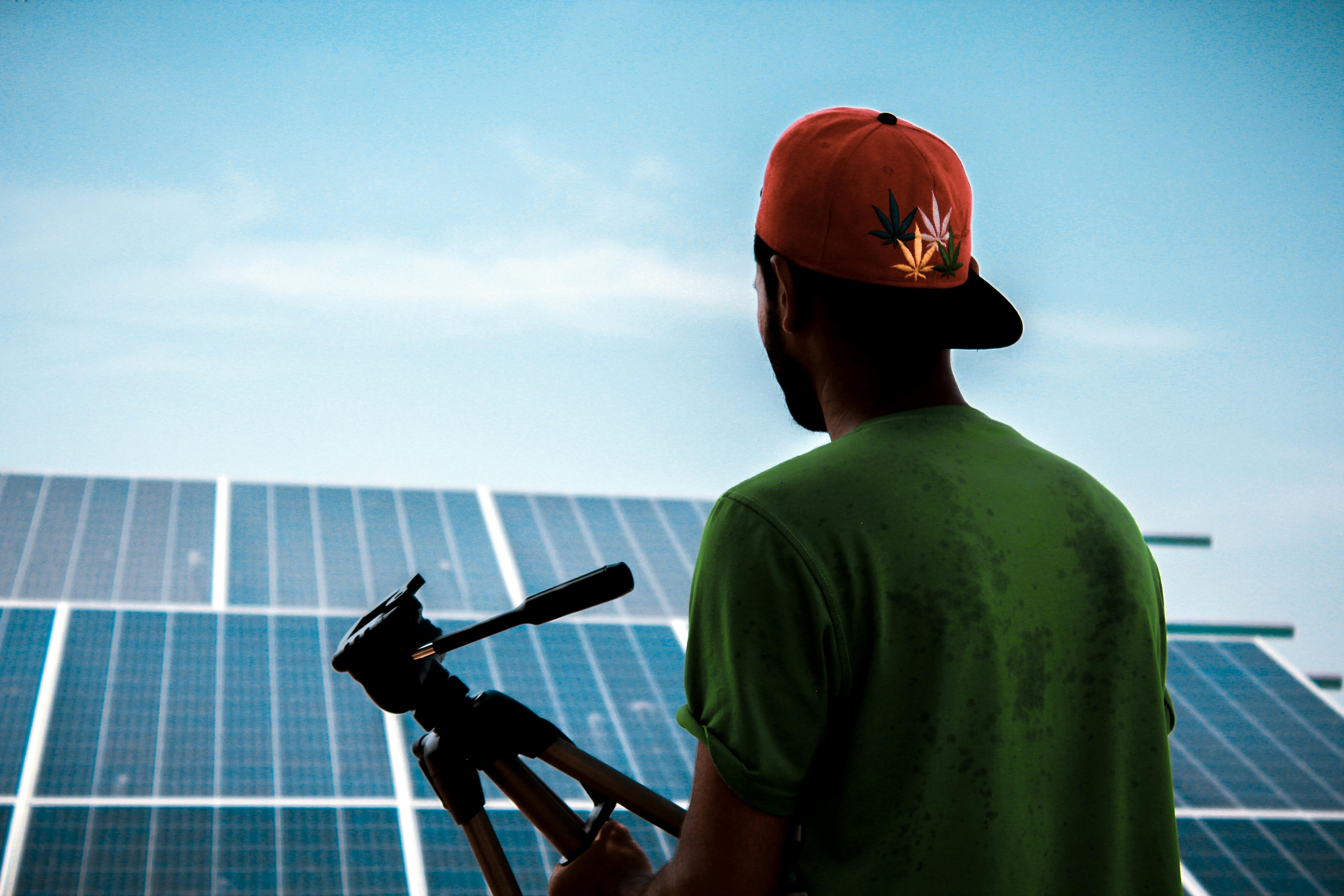Read Time : 2 Minutes
Heat Pump Maintenance
A good quality and well installed air or ground source heat pump system will require relatively little maintenance and can be expected to last for at least 20-30 years. Installations require an annual check which can be done either by the system’s owner or by a qualified installer or engineer. Your installer/supplier should give you details of your system’s exact maintenance requirements, and also of how to optimise your system’s performance.
COMPARE PRICES FROM LOCAL INSTALLERS
Compare prices from local companies fast & free
Enter your postcode to compare quotes from leading professionals. We promise to keep your information Safe & Secure. Privacy Policy
Ground source heat pump maintenance
“What are the maintenance requirements of a ground source heat pump?”
For the most part ground source heat pumps function in much the same way as your refrigerator, but in reverse, so maintenance will be limited. Most ground source heat pumps will, however, require an annual check by a qualified technician to make sure it is operating within the manufacturer’s tolerances, as a heat pump that is not operating correctly can lose up to 25% of its efficiency in both underperformance and operating energy consumption. Be sure to note that if the thermostat is set too low, then the expensive auxiliary heater could be kicking in, so the unit will use considerably more electricity to operate than it should.
Various manufacturers will stipulate in their documentation what the exact recommended maintenance and service schedules should be, so before your purchase it would be advisable to do a bit of research into which units offer the most favourable maintenance requirements. Ask questions and read up on the forum as this may shed some light on other owners’ real-world experiences with different units. The main components applicable to a standard closed loop heat pump system that will need checking are:
- The electronics and control equipment
- The water pump – the only moving item in the system
- The compressor – if this unit fails it will have to be replaced as a whole as it is a sealed unit
- Pipes and connectors (above ground)
- Anti-Freeze / coolant fluid in the ground array – check for correct chemical mixture
- Heating checks – check radiators and bleed system / check fluid.
As with all devices containing or designed to contain F-Gas refrigerants, an ‘F’ Gas certified engineer will be required to work on these components. In addition to this the larger commercial systems will be subject to more stringent maintenance requirements. Most ground heat source heat pumps are designed to last for well over 25 years and many will continue to operate efficiently beyond this period. With so few components making up the system, it is this form of renewable heat generation which still proves to be the best method available currently.
Air source heat pump maintenance
“What are the maintenance requirements of an Air Source heat pump?”
It should please those that are looking to acquire an air source heat pump that they require very little on-going maintenance. Every unit will be different, of course, but manufacturers will advise consumers as to what their exact unit requires in regard to annual or seasonal maintenance. The maintenance you can perform to ensure the unit operates as intended is:
- Clean and or swap out filters
- Clean coils and fans (if necessary)
- Ensure proper air flow is not impeded by debris (leaves, dust etc.)
- Clean the supply and return registers inside the property
- Power off the unit and check / clean fan blades.
Before the winter (or summer if used for cooling) it is recommended to have the unit serviced by a professional who will conduct a more advanced audit of the components and identify issues that could degrade the heat pump’s performance, which a user would not spot or be able to diagnose. These checks will comprise of the following:
- Check ducts for leakage and repair if necessary
- Inspect filters, ducts, blower and indoor coil for dirt and other obstructions
- Measure airflow is correct
- Check refrigerant levels and pressure
- Check all electrical contacts and ensure they are protected from the elements
- Check for system leaks
- Check reverse heating / cooling controls and verify they are operating as required
- Lubricate moving belts, motors and check for damage / wear and tear
- Check and test thermostat under normal operating conditions.
For the most part and unlike other renewable energy technologies, such as solar PV and wind turbines which use costly inverters, heat pumps do not generally require the replacement of expensive parts during their lifetime.
Heat Pump Warranties
The majority of air and ground source heat pump systems come with a 5–10-year warranty on parts and labour as standard, although well maintained systems may last much longer than this (perhaps 20-40 years). Many systems will also include free annual services, although this depends on the chosen manufacturer and installer. A warranty can often be extended for up to 10 years or longer, providing the system is regularly checked and maintained.
Find a local installer
Welcome to the biggest directory of UK renewable energy companies




 Commercial Solar PV
Commercial Solar PV




